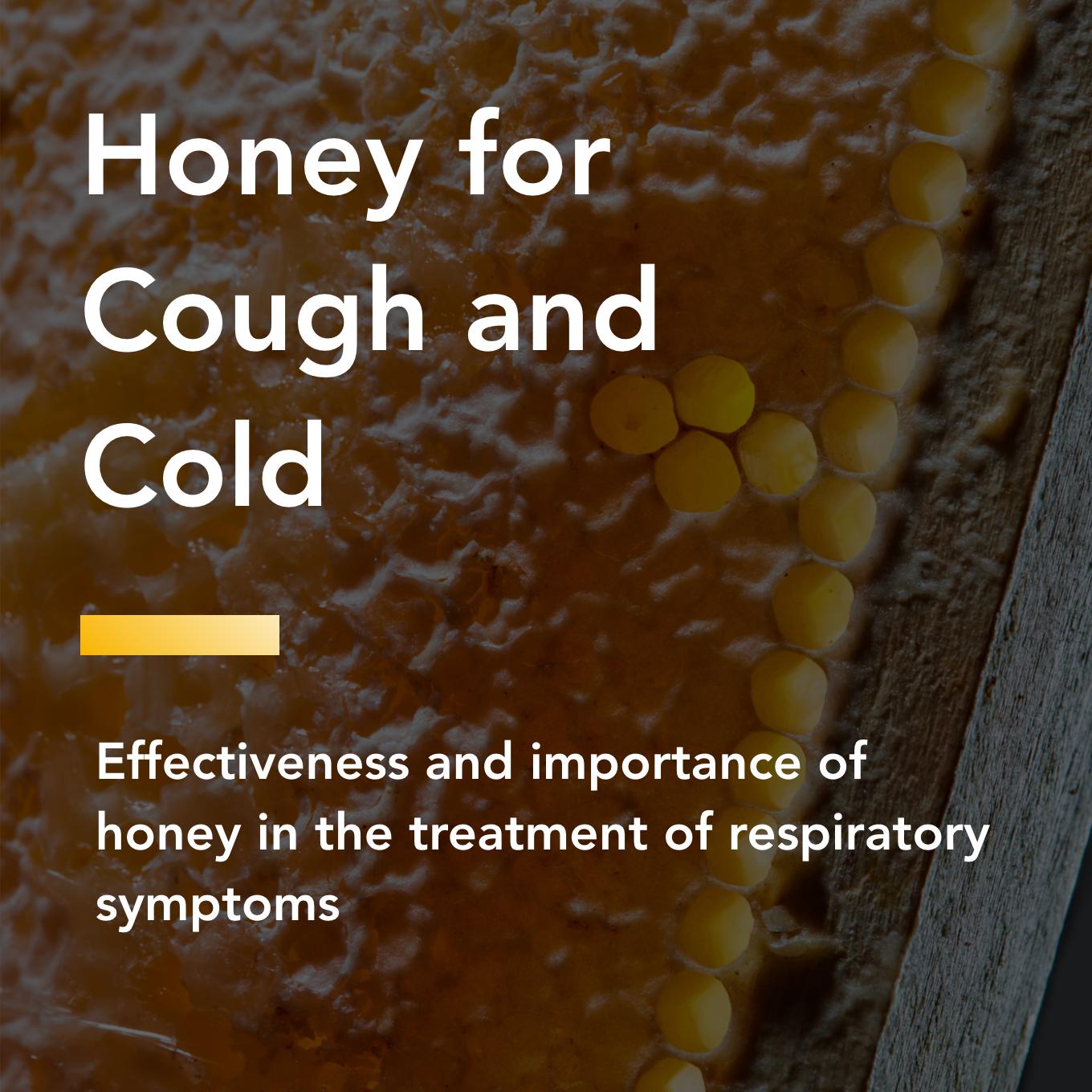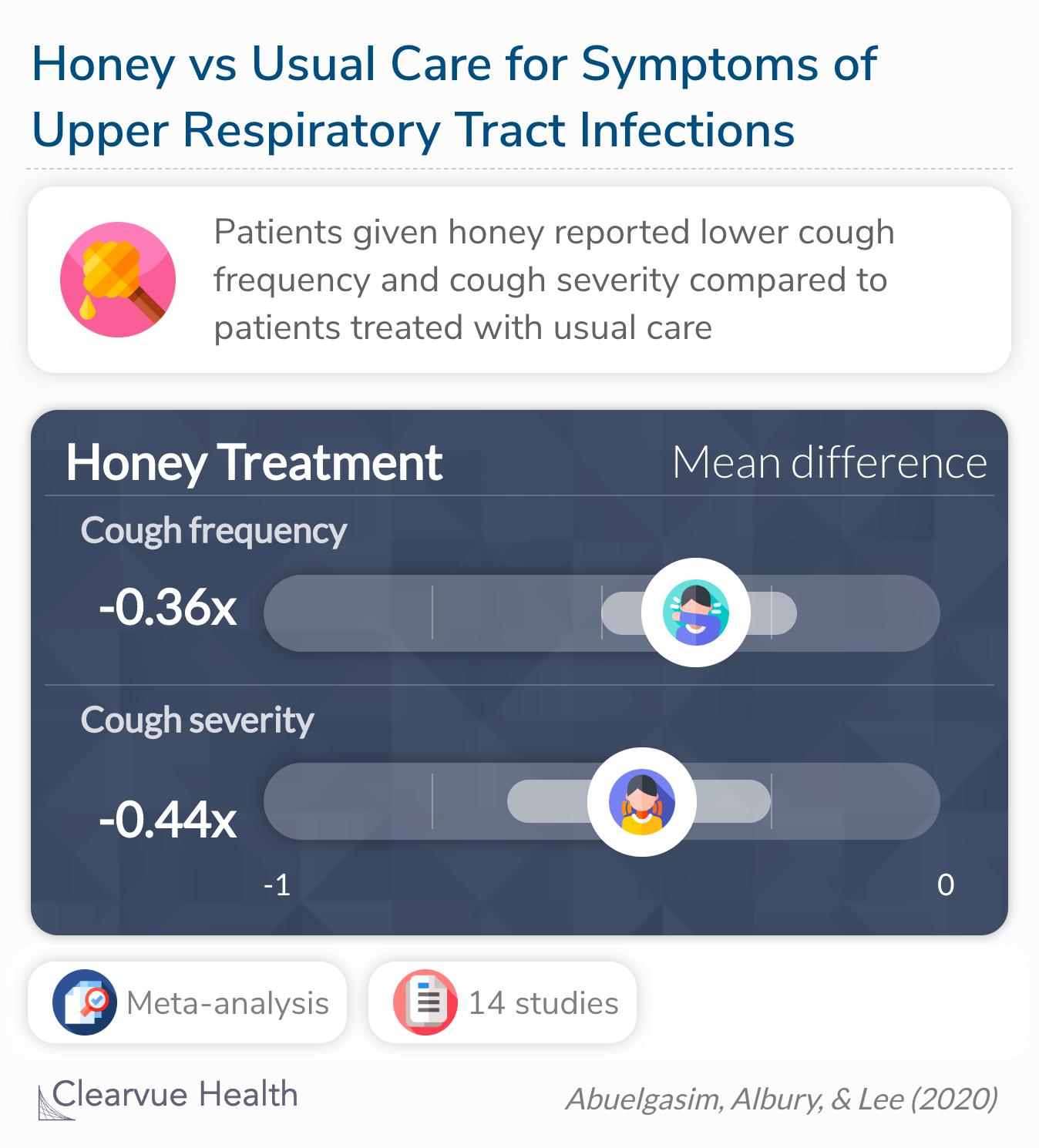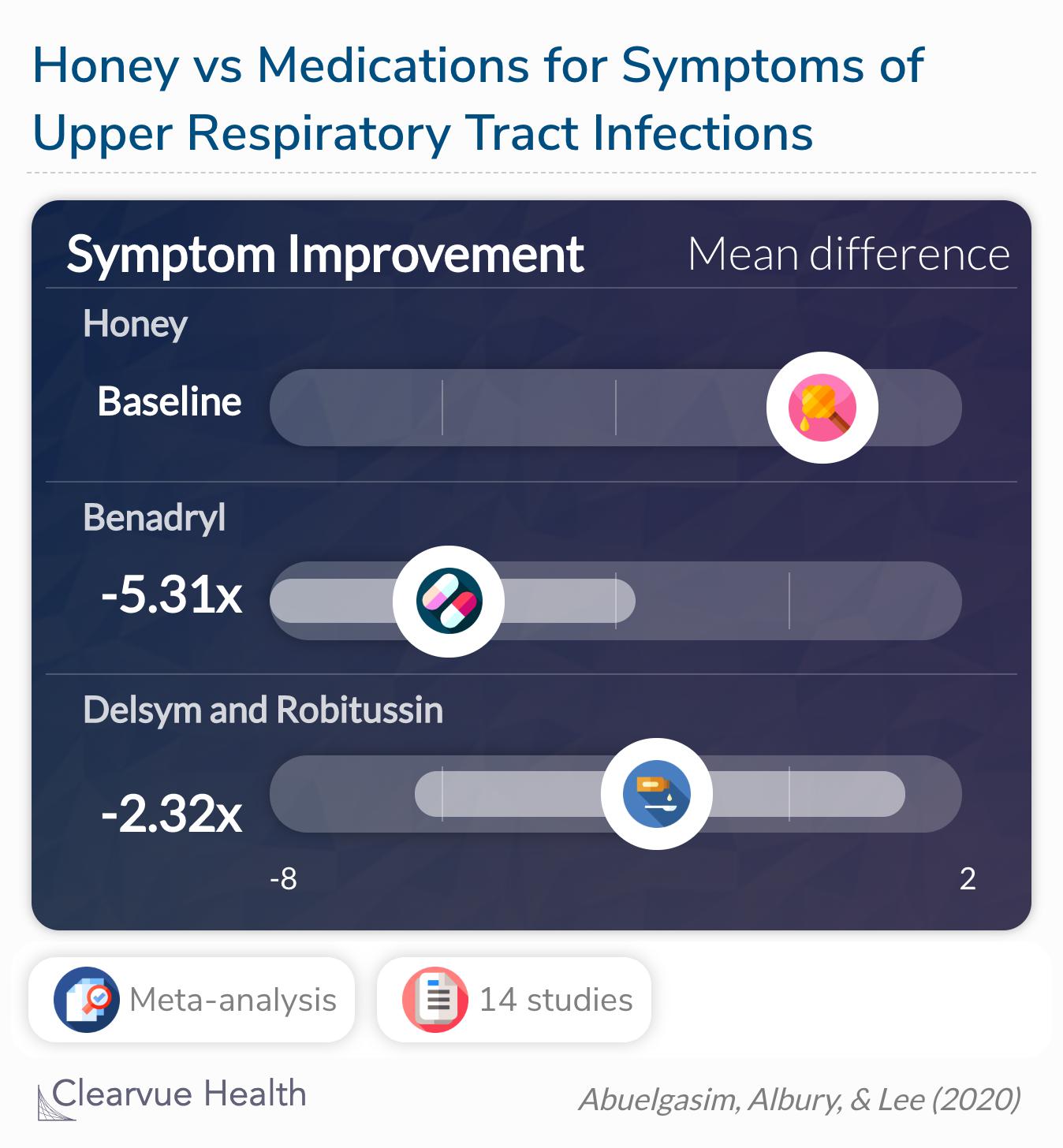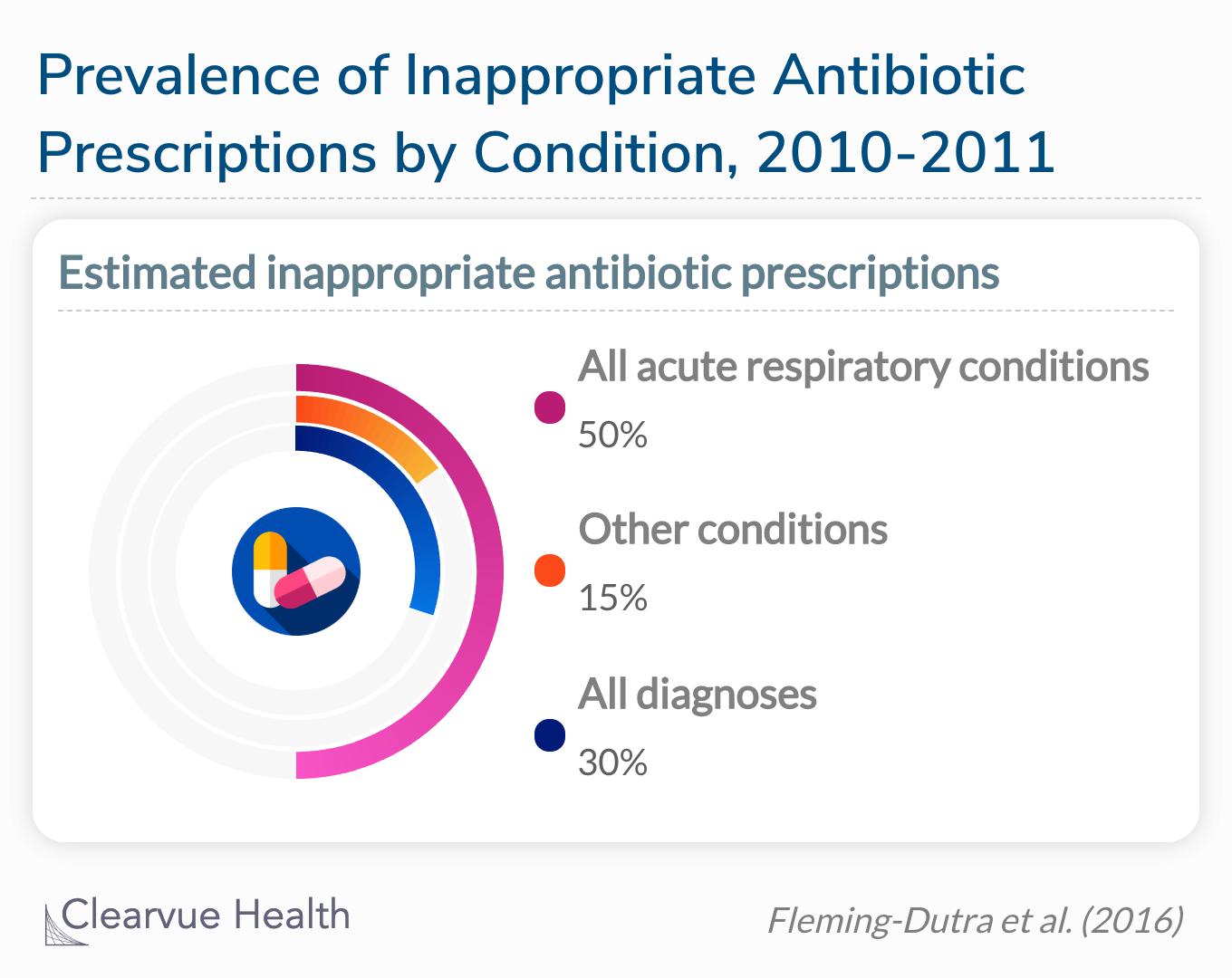honey for a cough: effectiveness and importance of honey in the treatment of respiratory symptoms
How do you use honey? Honey is most often used as an ingredient in treats or to add some sweetness to meat. At night, it is nice to drop some honey into your sleepy-time tea. Honey is delicious and can be used for medicinal purposes. The most common medicinal use for honey is to relieve a cough or sore throat.
Research supporting the use of honey
A few researchers collectively identified 14 studies that compared the effectiveness of respiratory symptom relief against traditional recommendations.
Compared with usual care, honey improved cough frequency (eight studies, standardized mean difference (SMD) −0.36, 95% CI −0.50 to −0.21, I2=0%) and cough severity (five studies, SMD −0.44, 95% CI −0.64 to −0.25, I2=20%).
Source: Effectiveness of honey for symptomatic relief in upper respiratory tract infections: a systematic review and meta-analysis
To start, they found that patients given honey reported lower cough frequency and cough severity compared to those with usual care. Usual care refers to basic remedies such as rest and hydration. This suggests that adding honey to this routine could improve symptoms and recovery time.
If the cold is still persistent, you may be inclined to go to the drug store for some extra support. The researchers also considered studies that compared honey and common over-the-counter medications such as Benadryl, Delsym, and Robitussin.
Honey was significantly better than Benadryl (combined symptom score MD −5.31, 95%CI −7.96 to −2.67) for symptom improvement, but not Delsym and Robitussin (MD −2.32, 95%CI −5.88 to 1.24).
After statistical analysis, they concluded that symptom improvement measures were higher in patients given honey compared to Benadryl. However, they did not find the same significance with Delsym and Robitussin. There are likely instances of bias and external factors that made these calculations inexact for the researchers. We can't say that honey is better than over-the-counter cough medications, but this study does not confirm the contrary.
Reducing the risk of antibiotic overprescribing
Honey could play a larger role in care than you would expect. Some refer to honey as a natural antibiotic or antibacterial. Recently, scientists discovered that the overprescribing of antibiotics leads to antibiotic tolerance. A commonly cited study from JAMA estimated the high prevalence of inappropriate antibiotic prescriptions in the United States.
In this study, researchers categorized diagnoses into two groups: respiratory and other conditions. Respiratory conditions caused by viruses included common colds, viral sore throats, bronchitis, and sinus and ear infections. Other conditions that did not require antibiotic prescriptions included gastrointestinal conditions, skin conditions, influenza, allergies, and others.
Collectively, acute respiratory conditions per 1000 population led to 221 antibiotic prescriptions (95% CI, 198-245) annually, but only 111 antibiotic prescriptions were estimated to be appropriate for these conditions. Per 1000 population, among all conditions and ages combined in 2010-2011, an estimated 506 antibiotic prescriptions (95% CI, 458-554) were written annually, and, of these, 353 antibiotic prescriptions were estimated to be appropriate antibiotic prescriptions.
Source: Prevalence of Inappropriate Antibiotic Prescriptions Among US Ambulatory Care Visits, 2010-2011
According to this study, an estimated 30% of antibiotics prescribed in the United States are unnecessary. The largest proportion of unnecessary antibiotic prescriptions were for respiratory conditions. We hope that these percentages have decreased since this study was conducted, but the overprescribing that occurred then could still be affecting the patients who are now antibiotic-tolerant.
Final thoughts
Honey is associated with improved cough frequency and cough severity in patients with respiratory infections. Honey was more effective than Benadryl at improving respiratory symptoms. We also discussed how the majority of inappropriately prescribed antibiotics were for respiratory conditions. Altogether, honey could be a frontline solution when rethinking our approach to treating colds and respiratory infections.





































